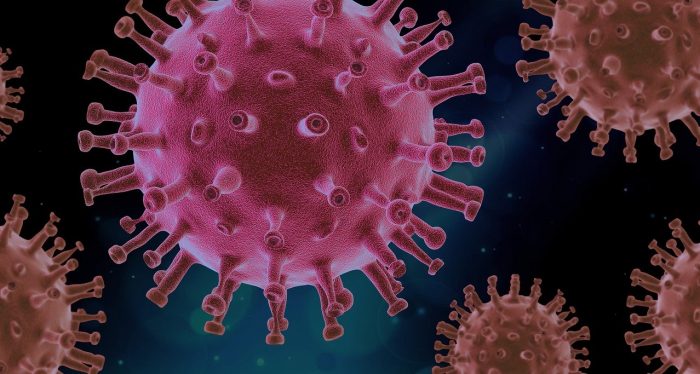ODP Announcement 23-049 shares that the Human Services Research Institute (HSRI) has extended the deadline for completing the 2022 National Core Indicators® (NCI) State of the Workforce Survey. The portal will now close on Monday, July 31, 2023.
A national deadline extension has given eligible provider agencies in Pennsylvania an opportunity to complete the NCI State of the Workforce Survey. If your agency has already completed the survey, no additional action is needed.
To obtain a representative sample, HSRI is aiming for a 5% or lower margin of error for each participating state. The lower the margin of error, the more representative and impactful the data will be. Based on current responses, Pennsylvania has a margin of error of 8.4%. The Office of Developmental Programs (ODP) is encouraging providers to complete the survey, which will give stakeholders critical information about workforce metrics.
For any questions, please contact Ms. Lee Stephens, ODP Independent Monitoring for Quality (IM4Q)/NCI Statewide Lead.

















